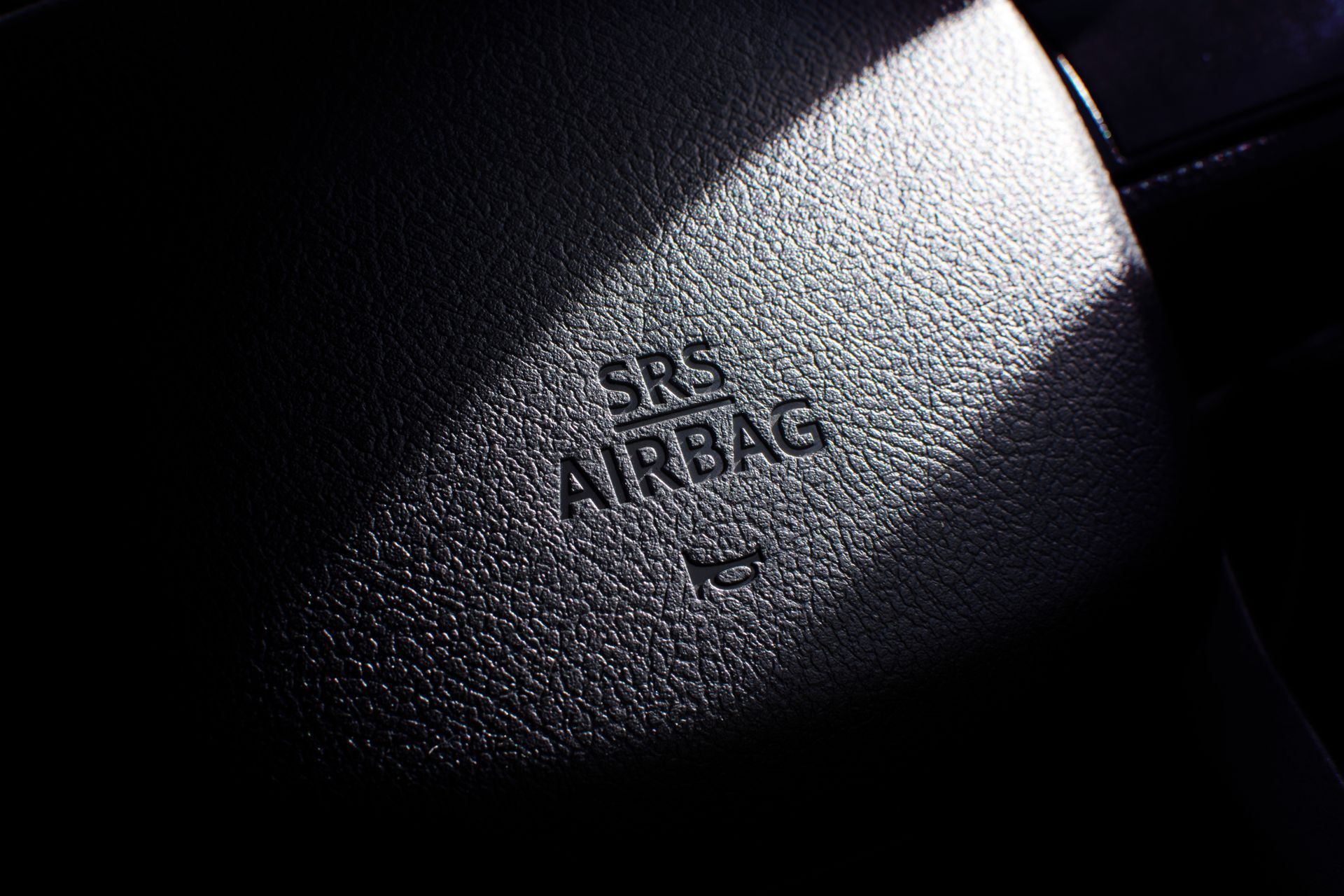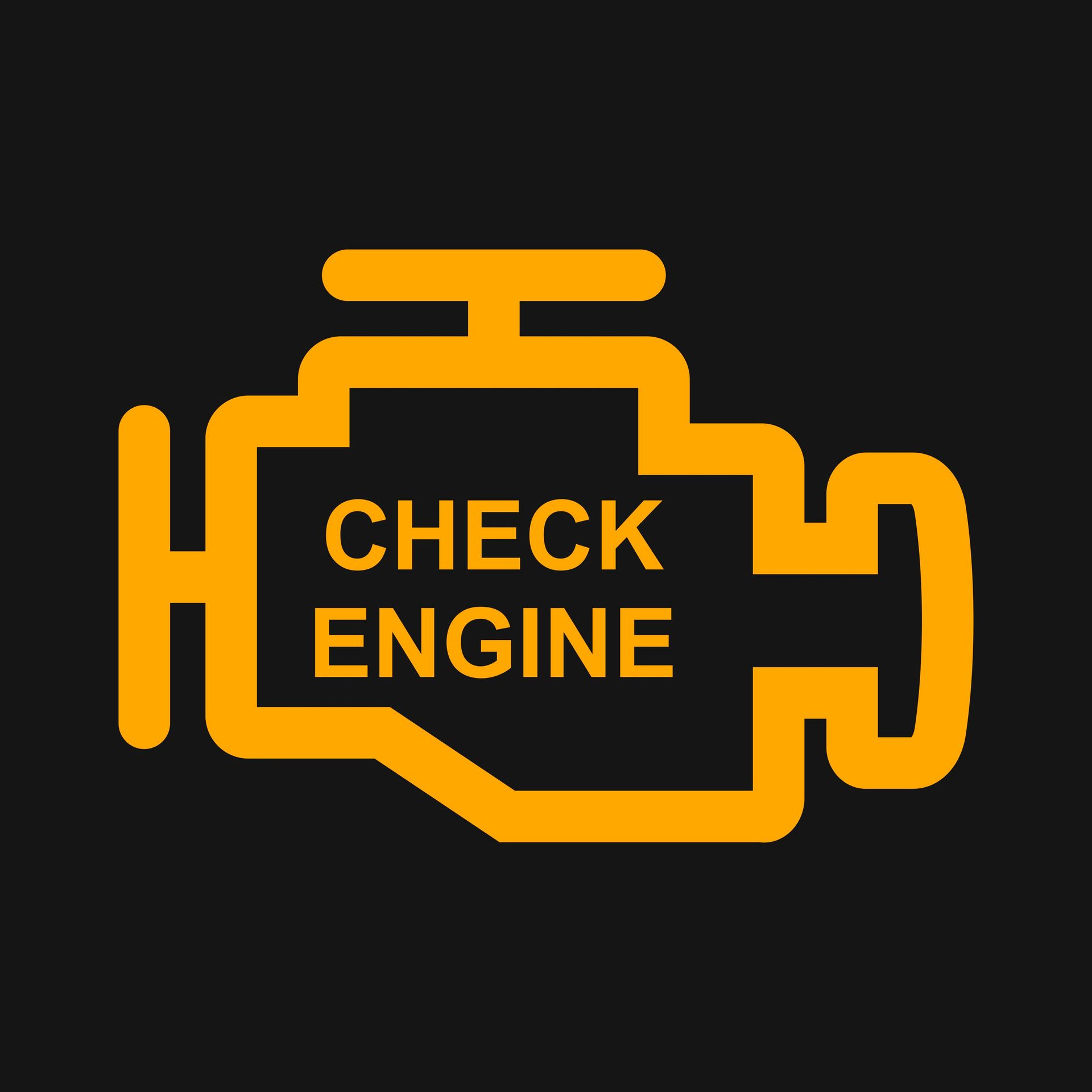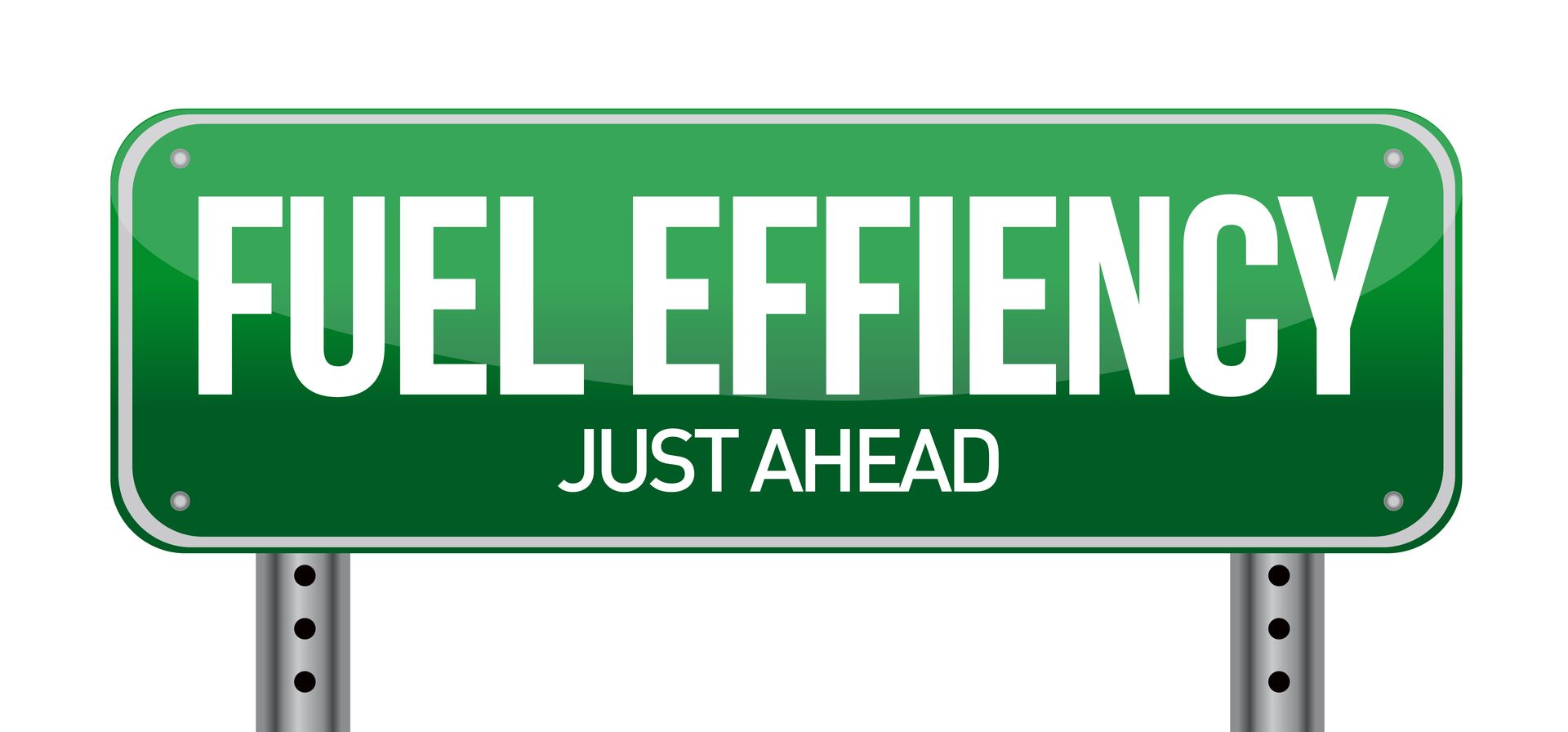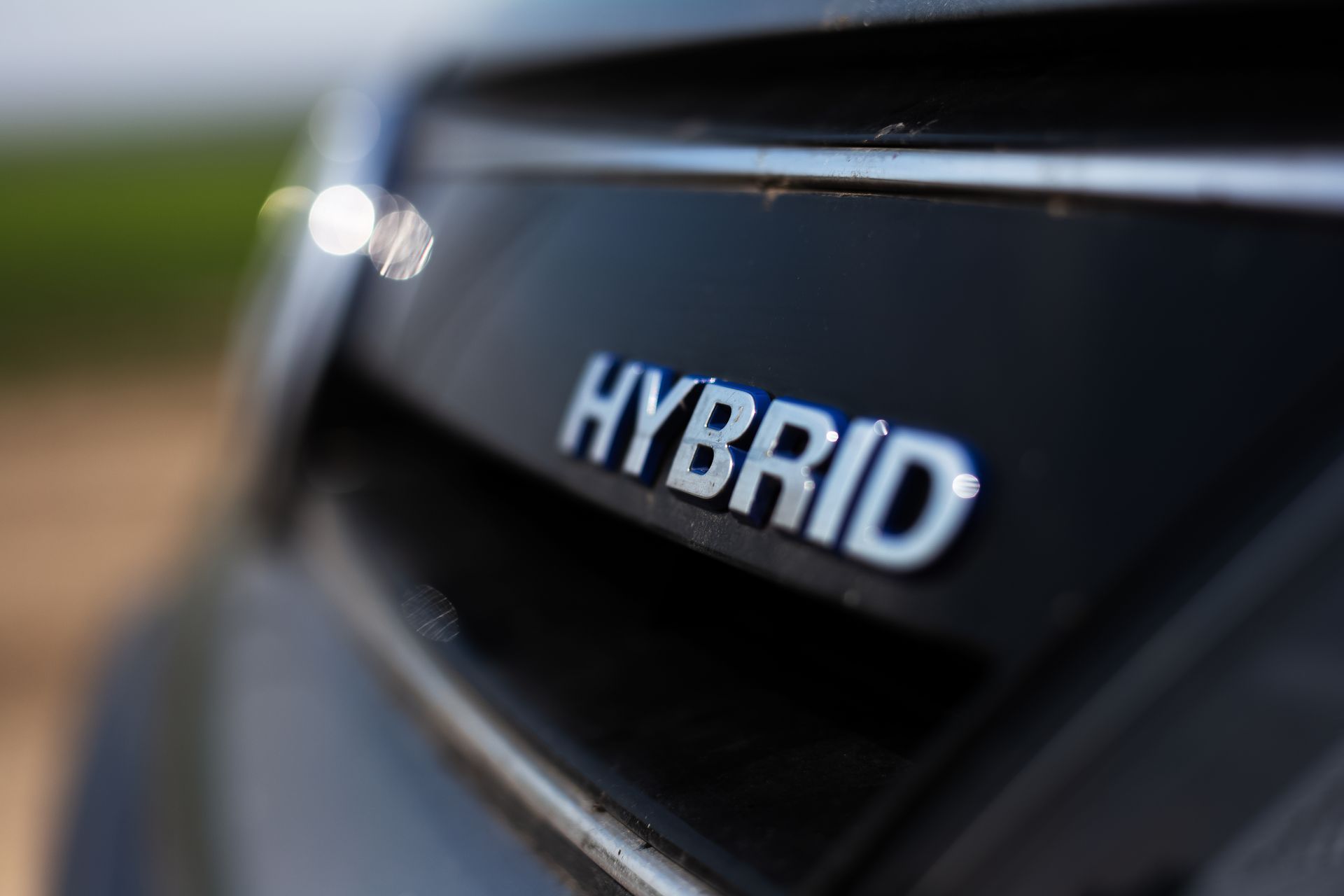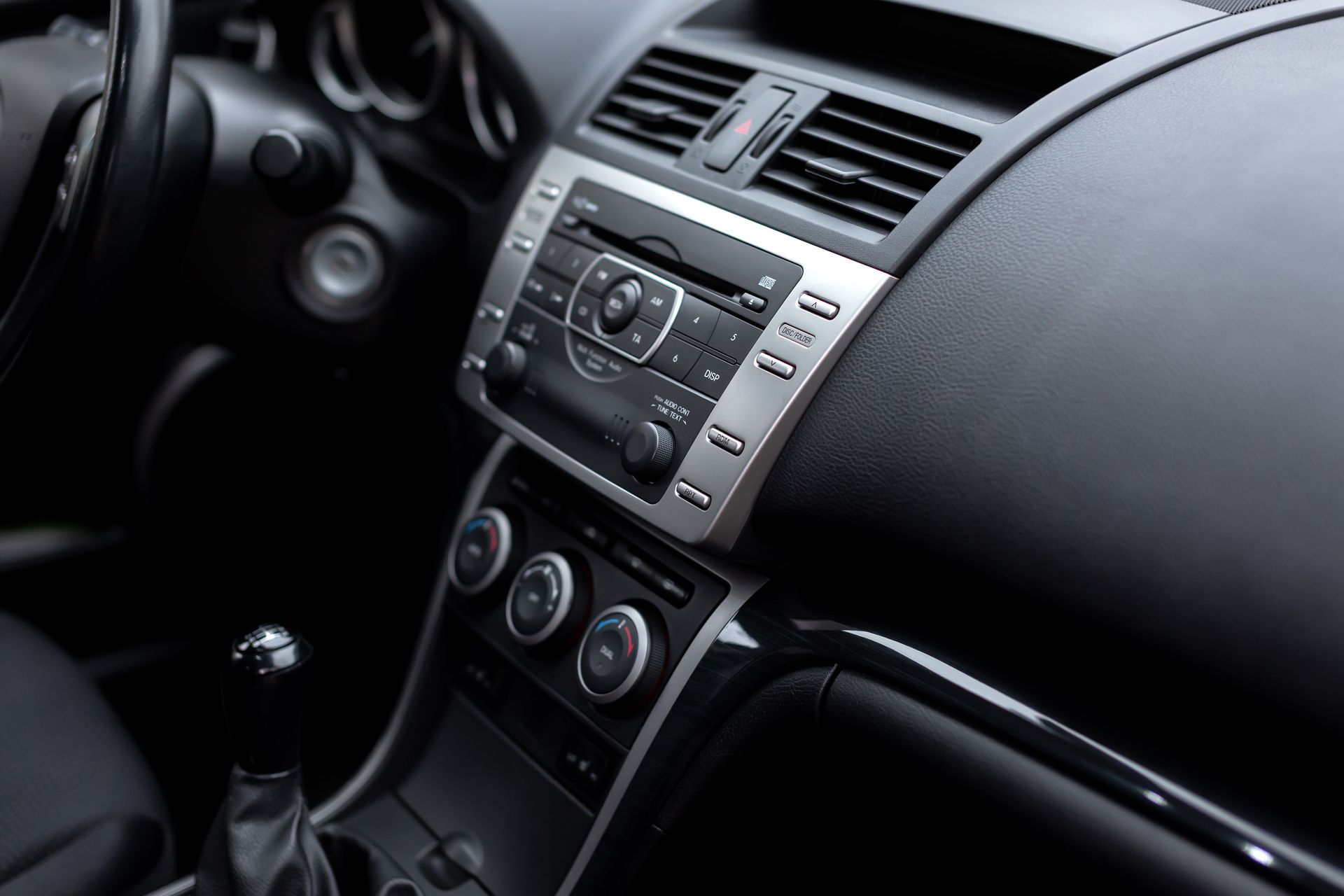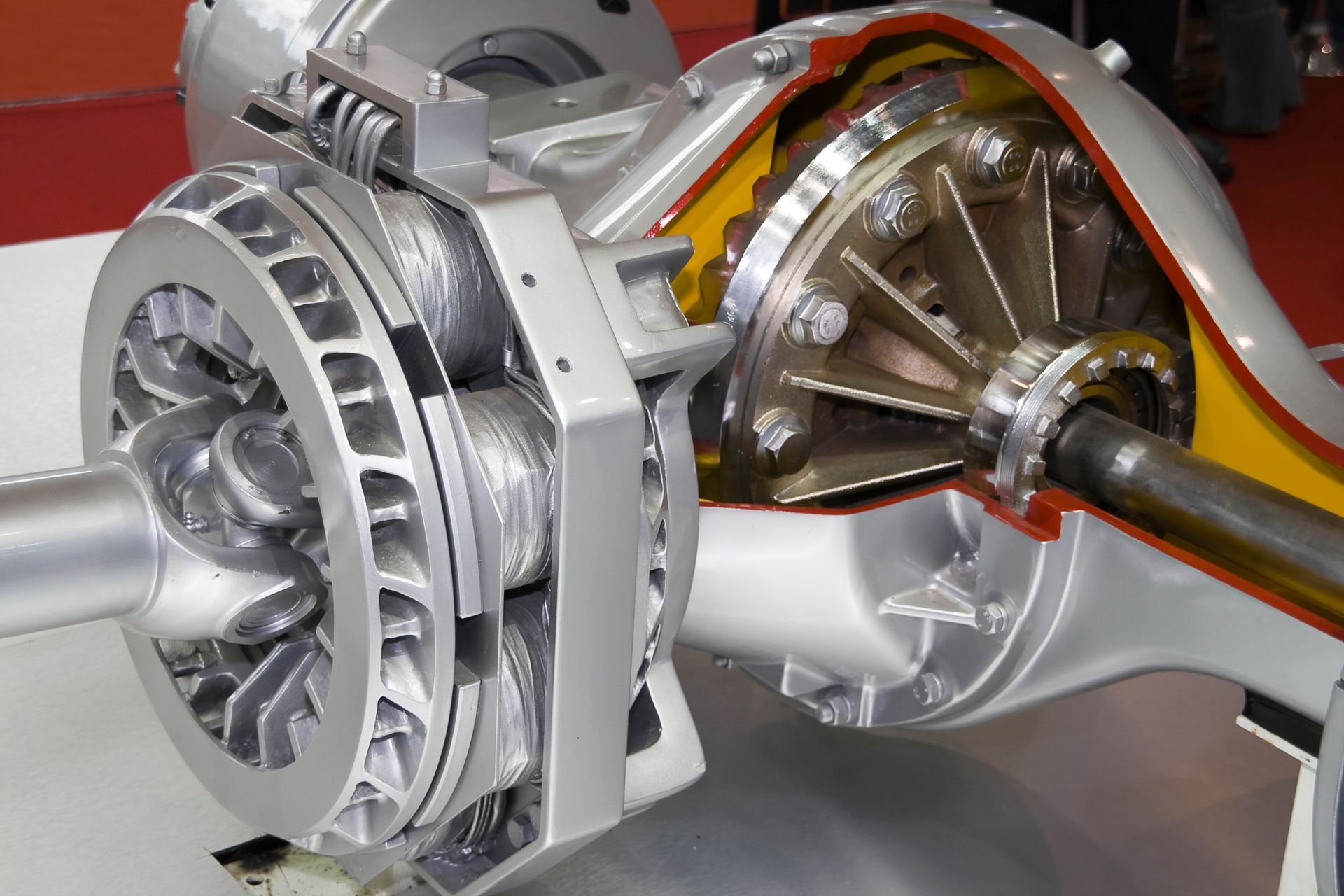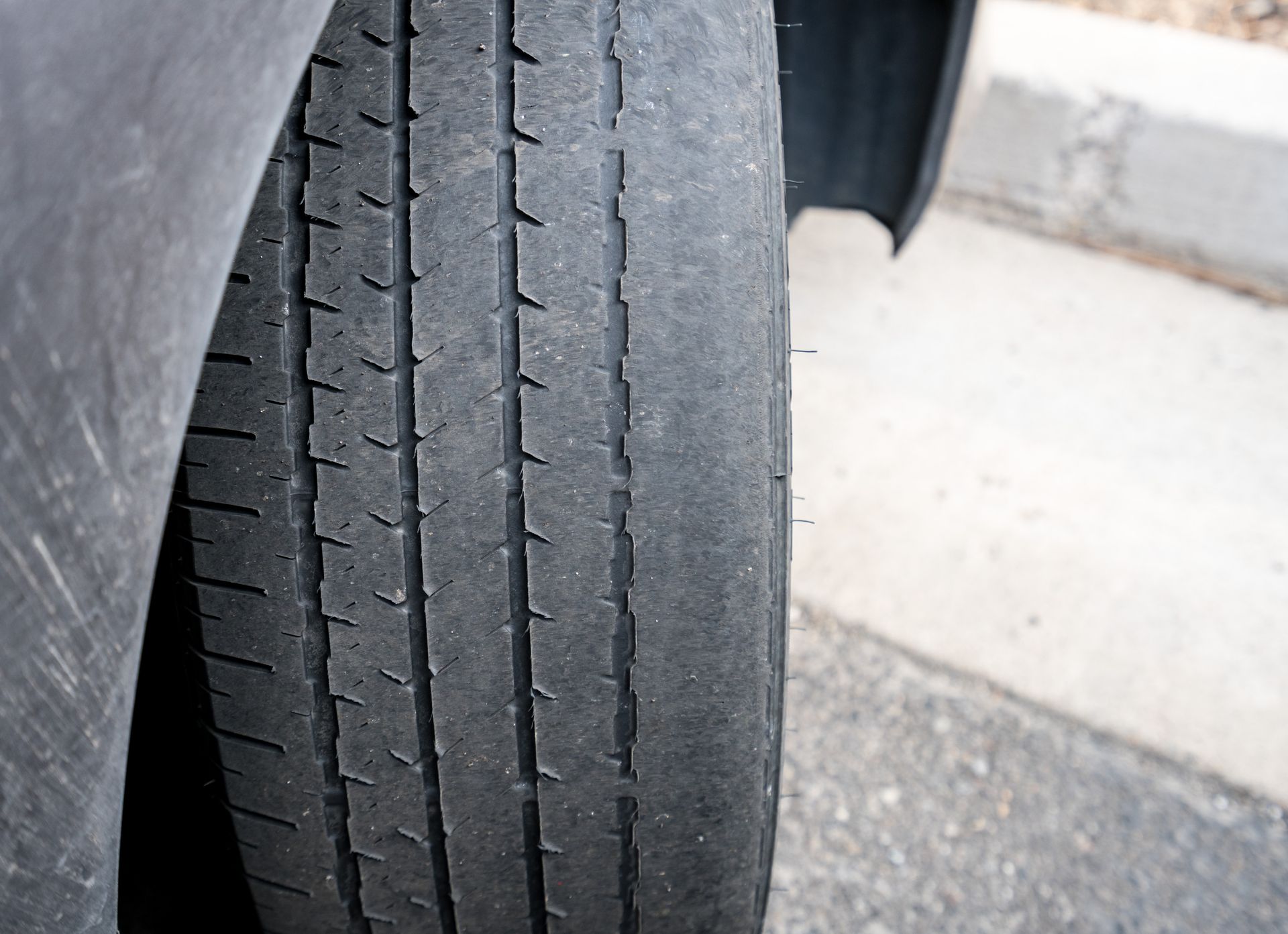Are you torn between opting for larger wheels for a stylish appearance or sticking with smaller ones for a smoother ride? The debate over whether wheel size impacts ride quality has been ongoing among car enthusiasts and everyday drivers alike.
The Impact of Wheel Size on Ride Quality
Many drivers believe that larger wheels offer improved handling and aesthetics, while smaller wheels prioritize comfort and fuel efficiency. However, the reality is more nuanced, as wheel size can significantly influence various aspects of ride quality.
Larger Wheels - Style Over Substance?
Larger wheels are often synonymous with sportiness and visual appeal, thanks to their imposing presence and enhanced aesthetic appeal. However, the trade-off for their eye-catching allure is often a compromise in ride comfort. The larger diameter and reduced sidewall height of these wheels result in less cushioning and increased susceptibility to road imperfections and vibrations.
Smaller Wheels - Sacrificing Style for Comfort?
On the flip side, smaller wheels are favored by drivers seeking a smoother and more comfortable ride experience. With their increased sidewall height and greater flexibility, smaller wheels can better absorb shocks and vibrations from uneven road surfaces, leading to a more supple and forgiving ride quality. Additionally, smaller wheels are often associated with improved fuel efficiency and lower maintenance costs due to their lighter weight.
Finding the Balance
While the debate between larger and smaller wheels rages on, the key lies in finding the right balance that aligns with your priorities and driving preferences. Consider factors such as road conditions, driving habits, and personal comfort preferences when selecting the optimal wheel size for your vehicle. Test-driving different wheel sizes and seeking expert advice from automotive professionals can help you make an informed decision that strikes the perfect balance between style and comfort.
The Importance of Rim Size in Ride Quality
While wheel size undoubtedly influences ride quality, the significance of rim size should not be underestimated. The rim is the outer edge of the wheel, where the tire is mounted, and its dimensions play a crucial role in determining various aspects of your driving experience.
A larger rim size typically accommodates low-profile tires, which have shorter sidewalls compared to their taller counterparts on smaller rims. This setup can enhance cornering stability and steering response by reducing tire flex during aggressive maneuvers. However, it also means less cushioning against road imperfections, leading to a potentially harsher ride.
On the other hand, smaller rims with taller sidewalls provide more cushioning and better absorption of bumps and vibrations, resulting in a smoother and more comfortable ride, particularly on rough roads. Finding the right balance between rim size, tire profile, and overall suspension setup is key to optimizing ride quality without compromising performance or aesthetics.
Questions and Answers
Do larger wheels affect fuel efficiency?
Yes, larger wheels tend to increase rolling resistance, which can lead to decreased fuel efficiency compared to smaller wheels.
Can I switch to larger wheels without compromising ride comfort?
It's possible to mitigate the impact of larger wheels on ride comfort by opting for tires with a higher sidewall aspect ratio and choosing suspension components designed to absorb road imperfections.
Are there any aftermarket solutions to improve ride quality with larger wheels?
Yes, aftermarket suspension upgrades such as coil overs or adjustable dampers can help fine-tune ride quality and compensate for the harshness associated with larger wheels.
Expert rim and wheel installations at
SCC Performance! We are the reliable and professional answer to all your vehicle's needs - from basic maintenance to stylish rims, we do it all.



